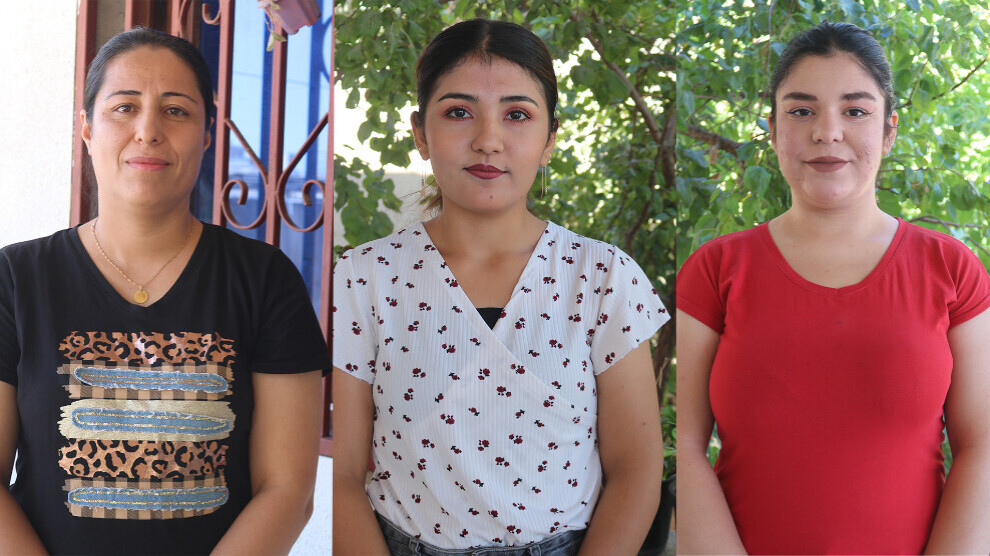Kobani women denounce ongoing threats
On the 11th anniversary of ISIS assaults on Kobani, the city’s women emphasized that the spirit of resistance and popular mobilization during that historic period achieved an unforgettable victory.

Kobani- In 2004, ISIS emerged as an offshoot of Al-Qaeda, gradually establishing its presence in the region. By 2013, it officially declared a so-called “Caliphate” in Iraq and Syria, and in 2014 launched large-scale military campaigns to seize multiple cities.
At the height of its expansion, ISIS controlled vast areas, including Mosul, Deir ez-Zor, Tabqa, Raqqa, and Manbij, declaring Raqqa the capital of its “Caliphate.” On 15 September 2014, guided by the Turkish state, ISIS advanced toward Kobani in northeast Syria. Unlike other cities, Kobani mounted fierce, unprecedented resistance led by the People’s Protection Units (YPG) and Women’s Protection Units (YPJ). After 134 days of combat, these forces repelled the attack, achieving victory on 26 January 2015.
Eleven years on, the legacy of Kobani’s resistance remains vivid. Slava Bozo recalled the intensity of the ISIS assaults: “The attacks were extremely violent, and the mass displacement of residents left deep pain for all of us.” Despite the harsh conditions and brutal battles, she affirmed that Kobani’s resistance endured and triumphed, adding, “We rebuilt Kobani, driven by hope and aspirations for a better future.”
Bozo also highlighted Turkey’s role in facilitating ISIS: “The Turkish state directed ISIS toward Kobani. Although ISIS was defeated here, Turkey continues to threaten and attack the city, attempting occupation from 2015 to the present.”
She warned of ISIS’s lasting ideological influence: “ISIS promotes dangerous jihadist ideology, with consequences seen in Shengal and other areas of northeast Syria. They committed particularly egregious acts against women—we know what they did to Yazidi women—and Turkish attacks have allowed ISIS activity in Syria to continue to this day.”
Kobani stood firm against dozens of occupations
Shirin Sheikh Khidr, reflecting on the ISIS assault, said September 15 is more than a date of attacks—it marks a turning point and the beginning of the terrorist group’s collapse, which posed a broad threat across the Middle East and the world. She added, “Kobani’s 134-day resistance revealed our deep connection to our land and homeland and confirmed our readiness to defend them against any challenge. This resistance sent a clear message: attempts to destroy our revolution and occupy our land will not succeed easily.”
Sheikh Khidr highlighted the bravery of Kobani’s fighters: “A unique spirit and struggle emerged in the city. The ISIS assault was unprecedented, challenging residents with heavily armed and well-trained gangs. Yet, the combat spirit, popular solidarity, and peak resistance defied all expectations. Our forces became a true shield, drawing strength from Kobani’s victory.”
Kobani becomes regional turning point
Nesrin Yusuf added that current attacks by Hayat Tahrir al-Sham militants recall the Kobani war: “It is now 2025, and years have passed, yet when we witness ISIS cells or gangs reorganizing, we are reminded of Kobani’s battle, especially ongoing events in Syria following the same methods and mindset.”
She warned, “ISIS remains a threat in northeast Syria, and ongoing attacks by Turkey intensify this danger,” emphasizing that they remain on high alert to protect Kobani and its hard-won gains.
